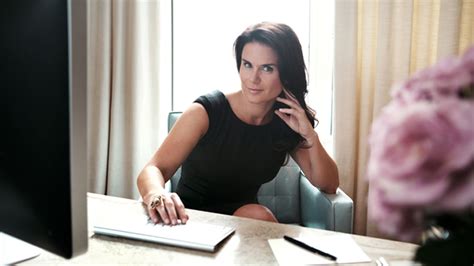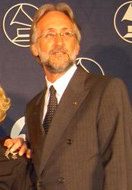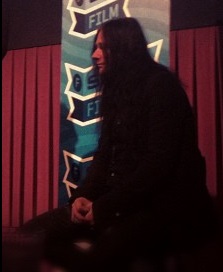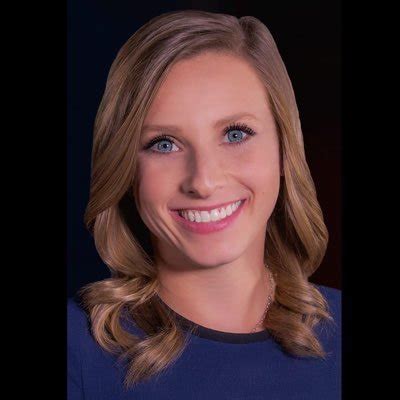A Quote by Boy George
For artists of my caliber, we're not played on the radio, so we don't really get a chance to get involved in that debate at all. We don't get a chance, because this weird kind of ageism exists in pop music. If you're past a certain age, you're not relevant. That's the kind of cliched term.
Related Quotes
I'm well past the age where I'm acceptable. You get to a certain age and you are forbidden access. You're not going to get the kind of coverage that you would like in music magazines, you're not going to get played on radio and you're not going to get played on television. I have to survive on word of mouth.
We'll get a chance to go through this [Apple versus Microsoft debate] again in phones and music players. There's no chance that the iPhone is going to get any significant market share. No chance. It's a $500 subsidized item. They may make a lot of money. But if you actually take a look at the 1.3 billion phones that get sold, I'd prefer to have our software in 60% or 70% or 80% of them, than I would to have 2% or 3%, which is what Apple might get.
You could make the most beautiful film, and that weekend it's raining too hard on the East Coast, and no one goes out. Artists should have a chance to do it again. That's the challenge: Women artists don't get a second chance. People-of-color artists don't get a second chance. You're put in director's jail, and that's a wrap.
In an odd way I thought I was lowering the bar for myself, in saying, well, I'll make a pop album. But in a way it's kind of harder to make pop music. It's like the more abstract you get with music, you get into that emperor's new clothes thing, where you can go anywhere, and just claim that your audience may not be prepared to go with you. But with pop music, I think everybody understands the form, everybody knows what it's meant to do. So I would say it's harder to write that kind of music.
Because U.K. artists aren't compensated when their music is played on U.S. radio stations, U.S. artists aren't compensated when their records are played on U.K. stations based on the fact that there's no reciprocity. If that income came in, our artists would be paying income taxes on it. So if we can get a lot of policy on the radar, that may have some positive influence.
The main joy I have in owning or being a part of my own label is the platform I've created to really push other artists and this other kind of musical muscle I get to exercise, it's not just me as a creator of music but me as a curator. That's been really exciting and I do get to have the autonomy and control and all those things with my releases, but now I get to go and find artists that I really love and like and share them with the world too.
Since the beginning of my recording career in 1975, I have had a little difficulty because the pop stations think I'm a jazzer who doesn't have a feeling for pop, so it's hard to get my records played. Similarly, black urban radio doesn't understand that with my R&B roots, I am more than a jazz singer. So I get pigeonholed.

































